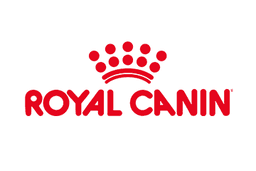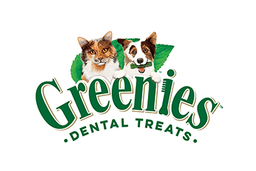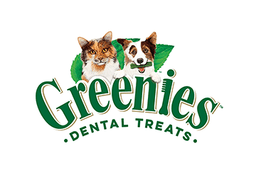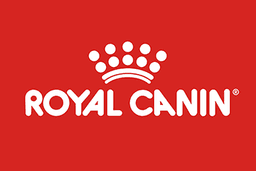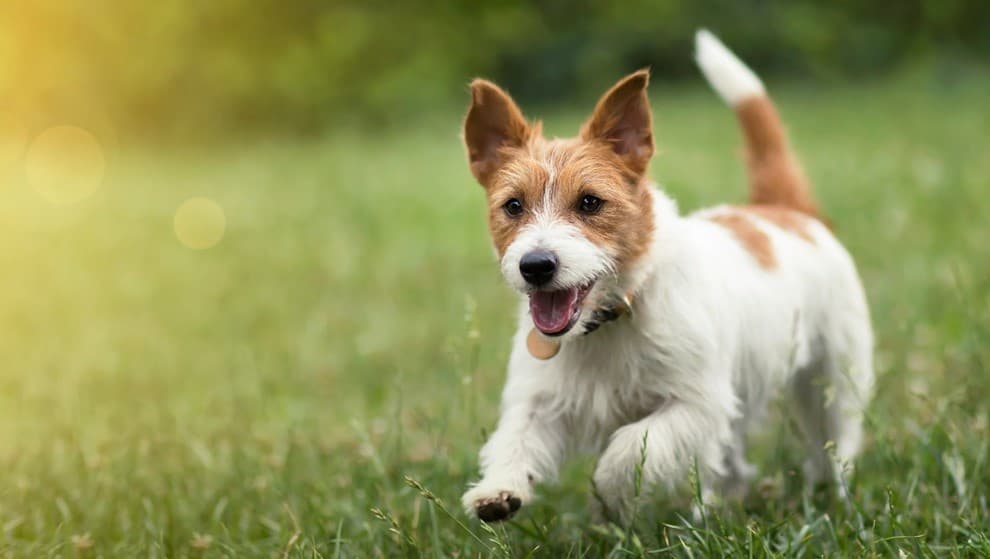Here’s how to safely exercise your dog outside in summer.
Know the danger of your dog overheating
According to the RSPCA, heatstroke occurs when your pet’s core body temperature is elevated above the normal range. This serious medical condition can cause thermal injury to tissues and lead to multiple organ failure, even death if your dog is not treated immediately.
Common causes of dogs overheating in the summer include too much exercise, and inadequate shade or water. Younger and older dogs, pets with respiratory disease, heart conditions, obesity or other health problems can be at higher risk. Brachycephalic dogs such as pugs and bulldogs with short noses and airways have trouble breathing in warmer weather too.
- Recognise the signs of heatstroke, including heavy panting, drooling, breathing distress, vomiting, collapsing, increased heart rate, confusion, dizziness, weakness, tremors or seizures.
- If your pet shows these signs, take them to a cool place and wet them down with cool water. Avoid cold water and ice treats at this stage. It’s dangerous to cool down an overheated dog too quickly.
- If you suspect heatstroke, seek help from your vet immediately. Don’t wait to see what happens – organ damage may not appear straight away.
Adjust your exercise routine
Exercise in the cooler part of the day – early in the morning or later in the evening. Choose a relatively flat, shady location such as a park or grassy area. You’ll avoid the sweltering sun and protect your pet’s paws from burns or blisters from scorching pavements, roads and sand. These surfaces can retain heat at night so follow the five second rule: place your hand on the pavement for five seconds and if it’s too hot for you, it’s too hot for your four-legged friend. Apply the same rule if your dog is travelling in the tray of a ute or truck.
Choose moderate activities
Summer is not the time to kick off a punishing new fitness routine with your dog. Stick with short periods of exercise. Play fetch, chase a frisbee or go for gentle walks. If you’re an avid cyclist, runner or hiker, look for shady routes, plan a few shorter exercise sessions or adopt an interval routine so your training partner has time to catch their breath. And if their breathing is laboured or they start to slow down, head home. They’ve had enough!
Keep well hydrated to prevent your dog overheating
Always carry a water bottle to keep you and your pet hydrated. Consider buying a collapsible water bowl too – this light and easy-to-carry item will ensure they have access to water wherever they roam.
Head for water to cool off
Not all dogs can or want to swim so don’t push them. But if they seem willing to learn, search online for teaching tips then head outdoors for some dog exercise. Swimming is gentle on the joints so can be ideal for many older, obese or arthritic pets – ask your vet first. Wear out an active pup with a walk or swim. Try introducing your buddy to paddle boarding or take a boat ride.
There’s no need to go further than your backyard to enjoy water fun but check local water restrictions. Throw a frisbee under the sprinkler, let them tackle the hose or frolic in a paddling pool.
Move the action indoors
If your furry friend prefers to stay indoors, make sure your home has adequate ventilation through windows, fans or an air conditioner. Then keep them amused with their favourite indoor games. Offer a puzzle toy, hide treats around the house, play a gentle game of tug or set up an agility course. A supervised splash in the bath may be just the ticket to cool down both of you.
Enlist the help of a pet sitter or doggy day care
If you’re concerned about your precious pooch being home alone in a heatwave, then consider a pet sitter. Your pet will lap up the attention and one-on-one play time. Or book them into doggy day care. Many offer air conditioned facilities as well as canine companions that are sure to keep them active. What more could they want?
The hot weather doesn't mean you need to stop exercising with your dog. With a bit of planning, you can keep active and reduce the risk of your dog overheating in summer.




